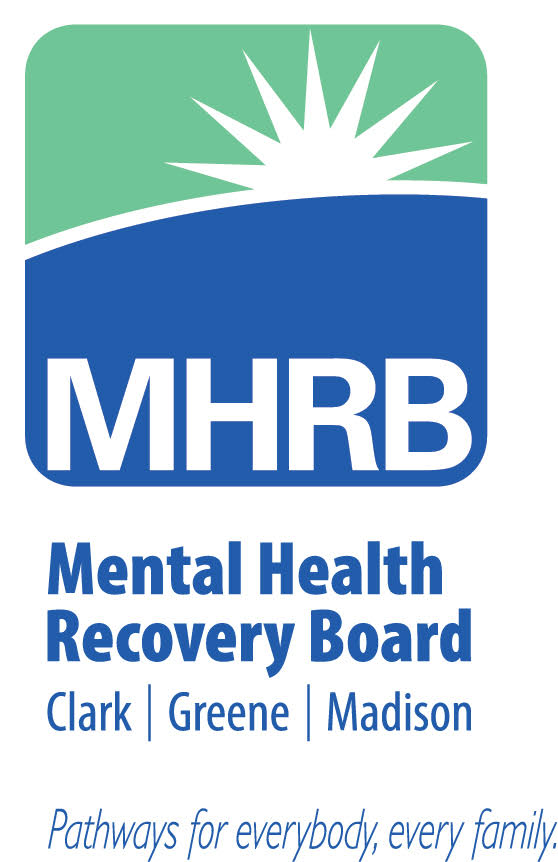
State Fiscal Year 2026 Annual Funding Application - Mental Health and Substance Use Programs and Services |
General Information:
If you need to stop before completing the entire AFA, click through the AFA until you can use the "Submit" button. Once you have clicked the submit button, you will be able to return and finish the AFA so long as you use the same device. Please check the final question that you have fully finished the AFA and then click "Submit" again when you have completed the form.
The responsibility of the Mental Health Recovery Board of Clark, Greene & Madison Counties is defined under Chapter 340 of the Ohio Revised Code (ORC), available at http://codes.ohio.gov/orc/340. The MHRB’s function is to serve as the community mental health and alcohol and drug addiction services planning entity for Clark-Greene-Madison Counties and to evaluate, monitor and assess for the community mental health and alcohol and drug addiction needs, services and programs under ORC. In this capacity, MHRB is a “safety net” for individuals with behavioral health needs in Clark-Greene-Madison Counties. As the board ensures that safety net services are available, it is obliged to prioritize those services which help reduce the risk to safety. The Ohio Revised Code 340.032 states that each MHRB “shall to the extent resources are available establish a community-based continuum of care; ensure that persons receiving any elements of the community-based continuum of care are protected; ensure that persons receiving any elements of the community-based continuum of care are able to utilize grievance procedures applicable to the elements.”
MHRB is seeking proposals for provider agencies to deliver mental health and/or substance treatment and/or prevention services within Clark, Greene and/or Madison Counties. The purpose of this document is to provide interested parties with information to enable them to prepare and submit a proposal for services to the board. The board is seeking providers who are culturally sensitive, linguistically appropriate and reflect the needs and preferences of the culture of those served.
Funding for services and programs is based upon availability. MHRB has a variety of funding sources including federal, state and local levy dollars. Some of these funding streams come with mandates from the state to be used for specific purposes and some funding streams are specific to services or programs. All funding is based upon the priorities and needs of the local community. Funding, in general, is on a year-to-year basis.
Your agency responses to the following questions provide vital information on the status and capacity of the publicly funded behavioral health system of care in Clark, Greene and Madison Counties. The MHRB sees contract agencies as critical partners in providing the care necessary for safe and healthy communities.